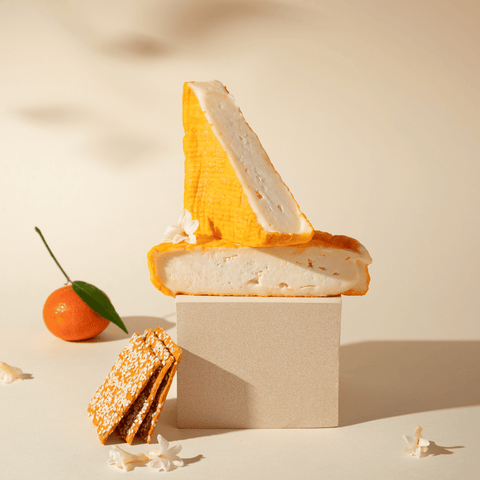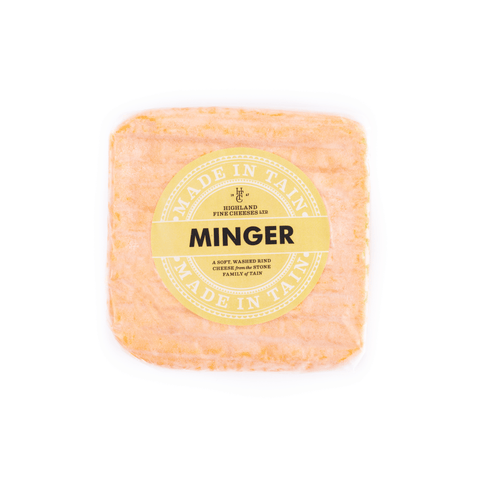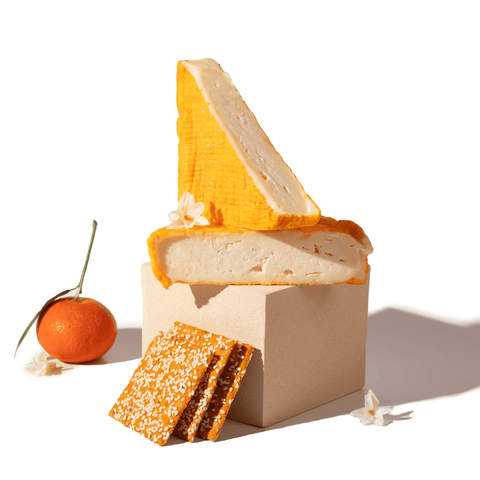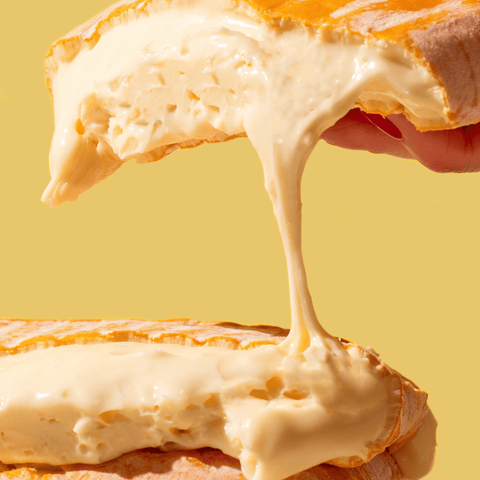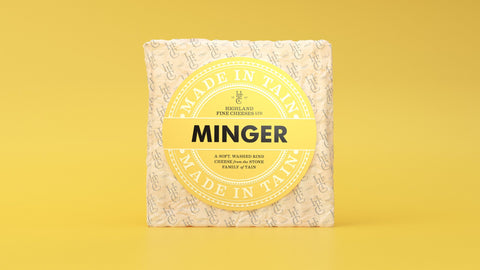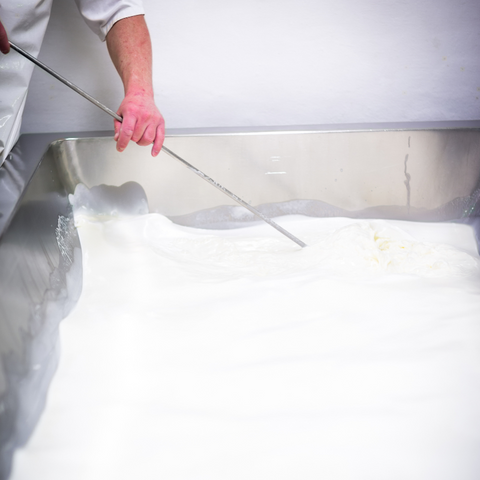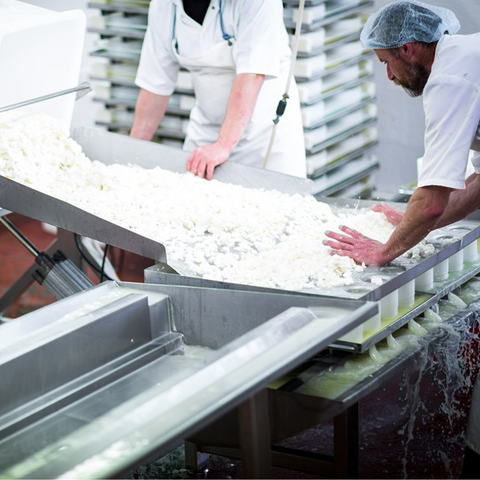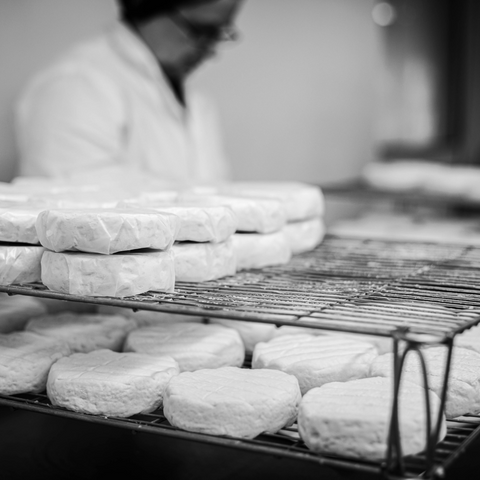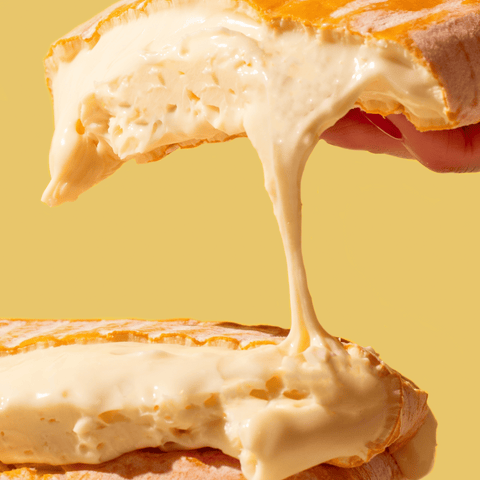All about Minger
Yes, yes we are aware the name is a slightly controversial subject and there are many who really dislike our use of this word. What can we say.... It's a bit like Marmite!
The naming and the smell of Minger Cheese
The word 'ming' actually comes from the old Scottish English word for 'bad smell' - in Scotland that is more commonly how the word is used. Over the years it has come to mean 'ugly' or 'disgusting' and used as a derogatory term. Our cheesemaker Rory has described the smell "A pungent aroma of welly boot".... and we'd proud to confirm that researchers at Cranfield University once named our Minger cheese as 'the world's smelliest cheese'. Whilst the smell might not be for everyone, the taste is simply divine.
Minger Stockists
Are you looking for your local stockist for Minger cheese?
We're always working on expanding our availability across the UK (and beyond one day too!). You can buy from us directly online, or check out our Stockist locations on our very handy little map. Did you know you can pick up a very handy 125g Minger from Asda & Morrisons in Scotland?
We're always updating this, so if you are a stockist please get in touch and let us know so we can add you in!


